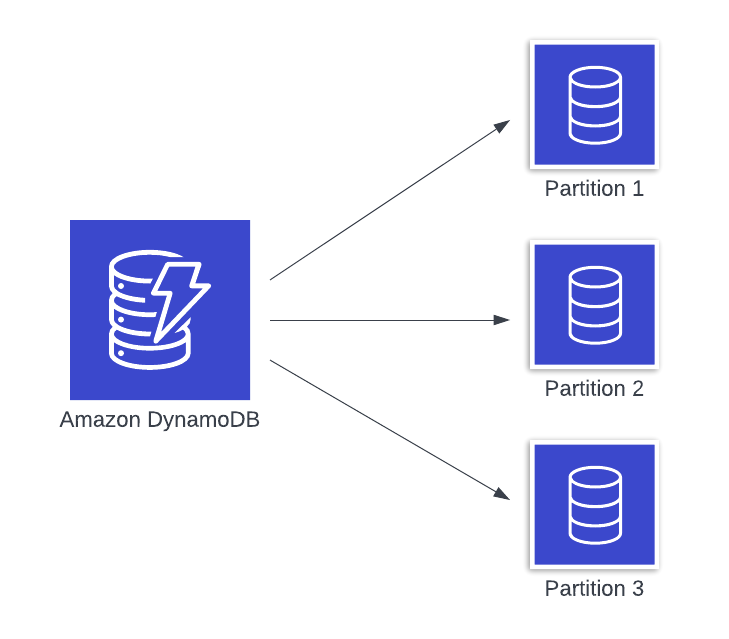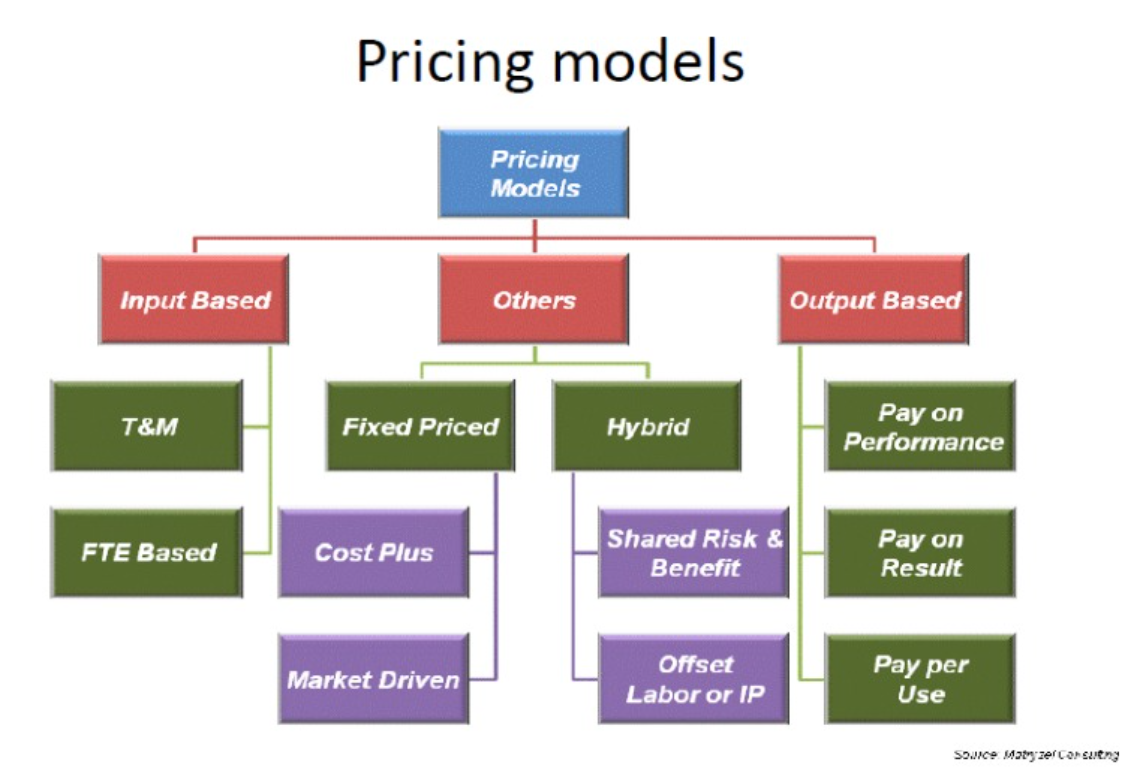In the rapidly evolving landscape of retail, artificial intelligence (AI) is emerging as a transformative force, revolutionizing how businesses engage with customers and manage operations. AI's integration into retail software is not just a trend but a significant shift towards more intelligent, responsive, and efficient retail environments.
At the heart of this transformation is AI’s ability to analyze vast amounts of data quickly and accurately. Retailers now leverage AI to gain deeper insights into customer behavior, preferences, and purchasing patterns. By analyzing data from various sources—such as transaction records, social media interactions, and browsing histories—AI can predict trends, optimize inventory management, and personalize shopping experiences. This leads to more targeted marketing campaigns, better stock management, and ultimately, increased sales and customer satisfaction.
Personalization is one of the most notable benefits of AI in retail. Through machine learning algorithms, retail software can create highly personalized shopping experiences by recommending products based on individual preferences and past behavior. For instance, AI-driven recommendation engines suggest items to customers that align with their interests and previous purchases, enhancing the likelihood of additional sales. This level of personalization helps retailers build stronger relationships with their customers, fostering loyalty and encouraging repeat business.
AI also plays a crucial role in optimizing pricing strategies. Dynamic pricing, powered by AI, allows retailers to adjust prices in real-time based on various factors such as demand, competition, and market conditions. This approach not only helps in maximizing revenue but also ensures that customers receive fair prices, making the shopping experience more transparent and competitive.
Moreover, AI enhances operational efficiency through automation. Tasks such as managing supply chains, processing returns, and handling customer inquiries can be automated, reducing the need for manual intervention and minimizing errors. Chatbots, for instance, are increasingly used to handle customer service inquiries, providing instant responses and freeing up human agents to focus on more complex issues. Similarly, AI-driven inventory management systems can predict stock levels, reducing the risk of overstocking or stockouts and ensuring that popular items are always available.
The integration of AI into retail software also supports enhanced decision-making. By providing advanced analytics and forecasting tools, AI helps retailers make informed decisions regarding product assortments, promotional strategies, and store layouts. This data-driven approach allows retailers to respond more effectively to changing market conditions and consumer preferences, staying ahead of the competition.
As AI technology continues to advance, its potential in retail grows even more promising. From improving customer experiences to streamlining operations and driving sales, AI is redefining the retail landscape. Retailers who embrace these intelligent software solutions are well-positioned to thrive in an increasingly competitive market, offering more personalized, efficient, and engaging shopping experiences.






